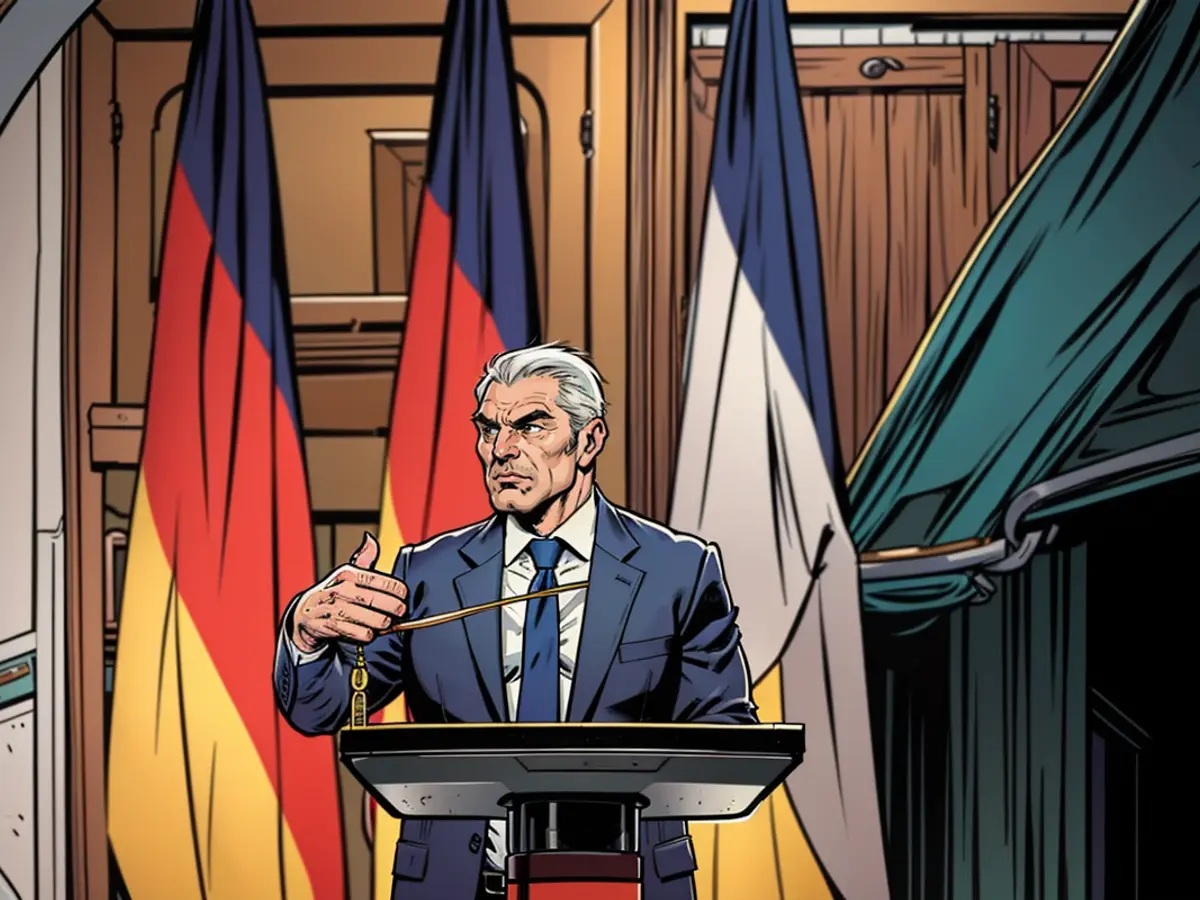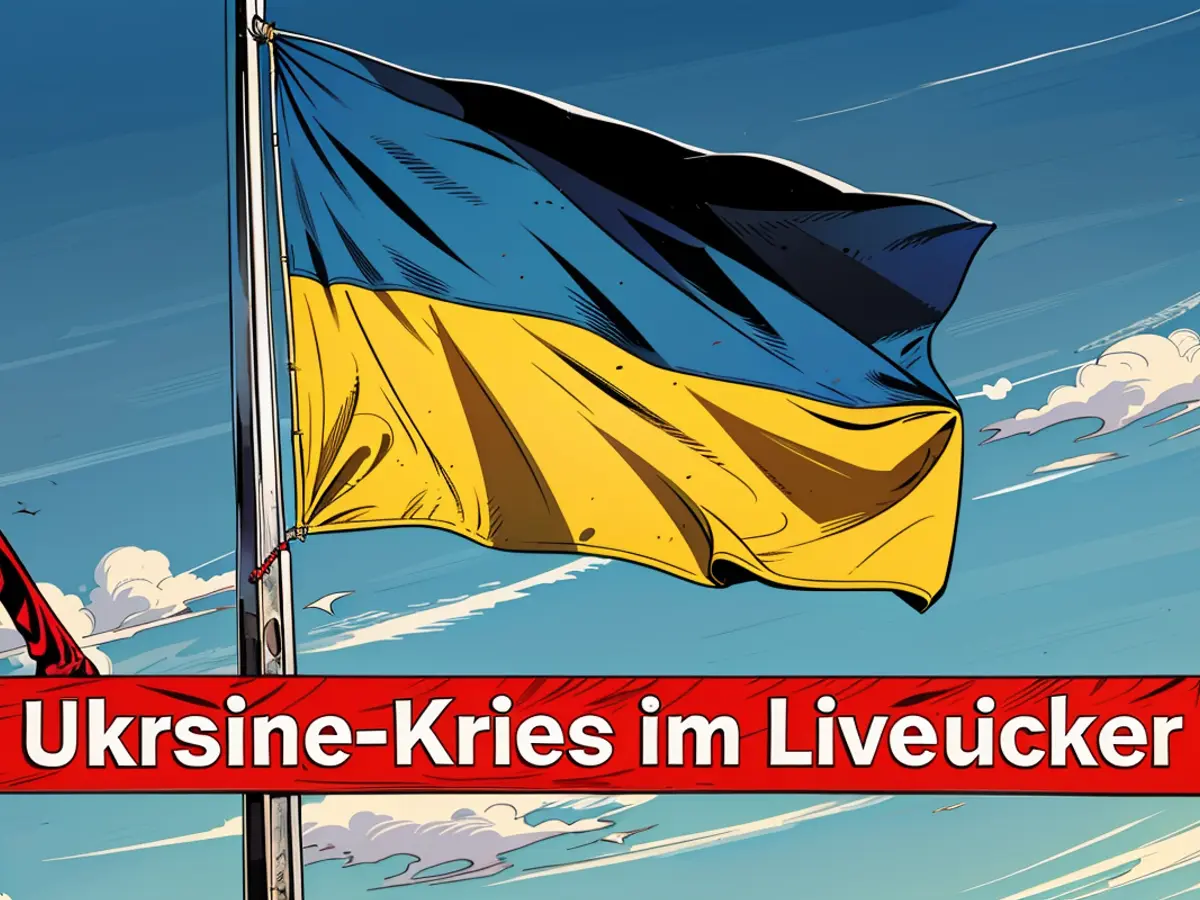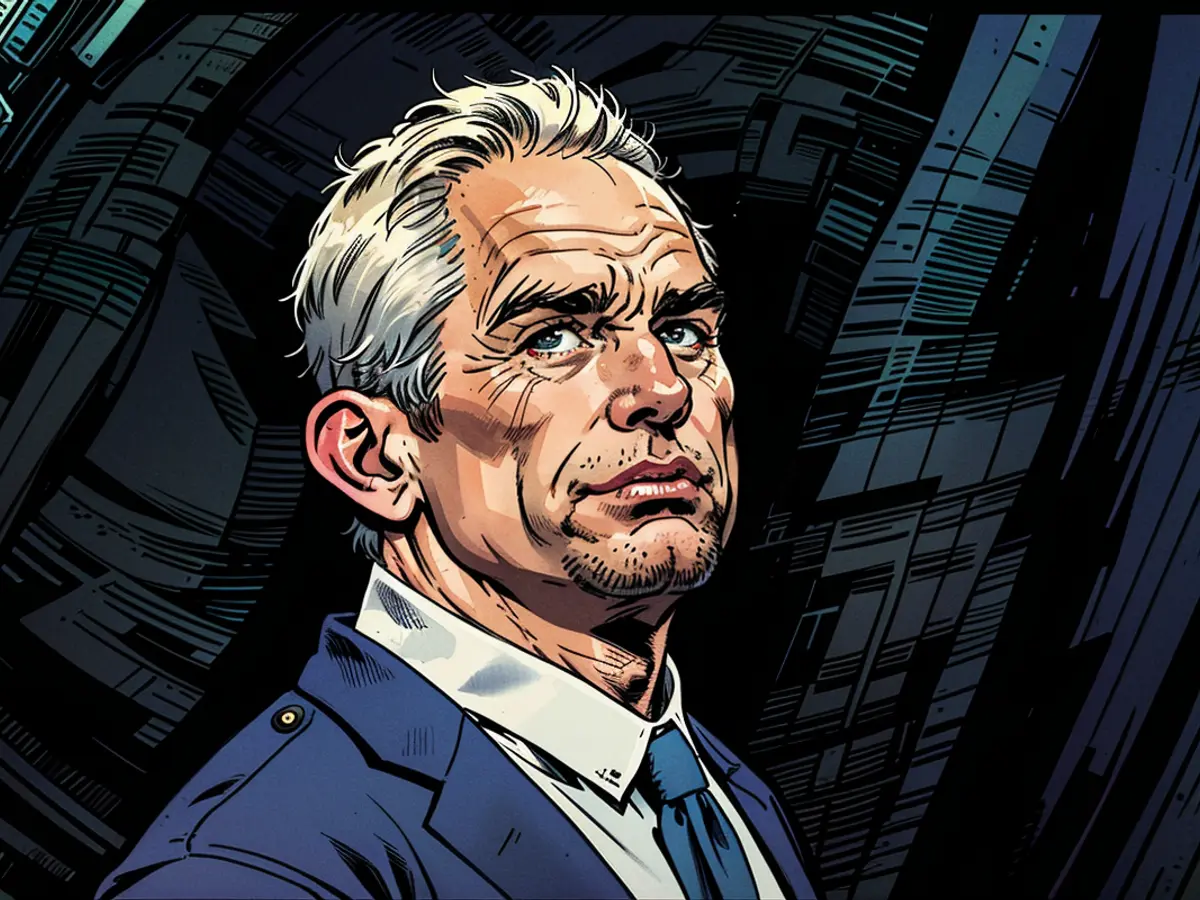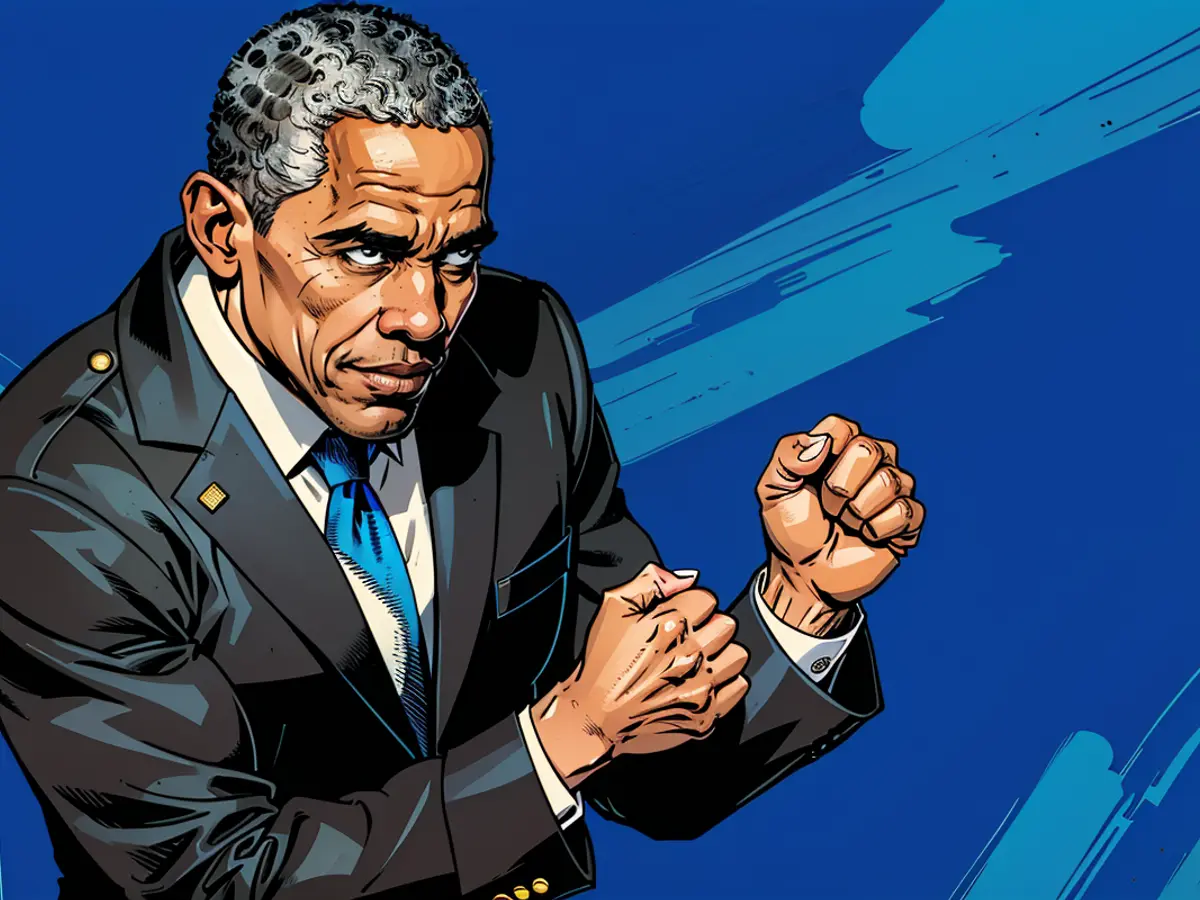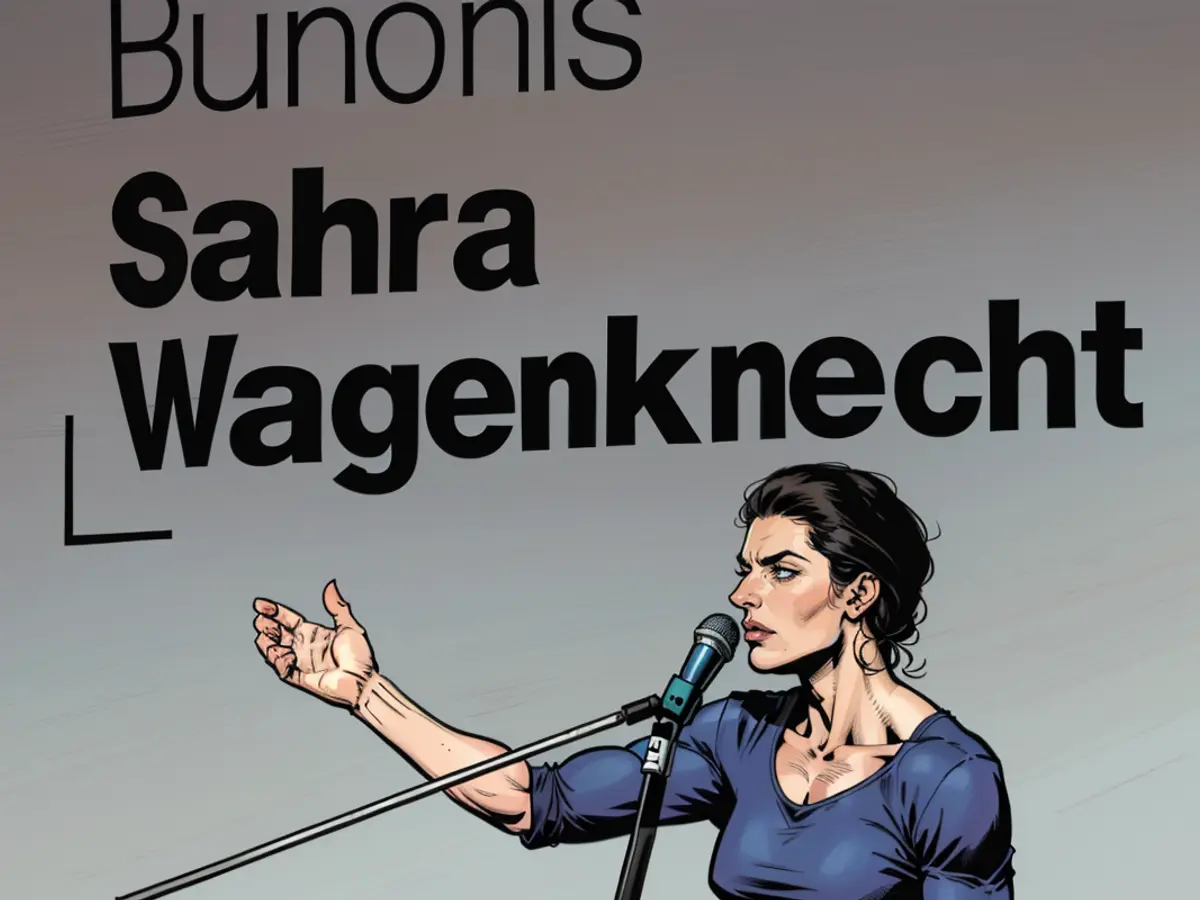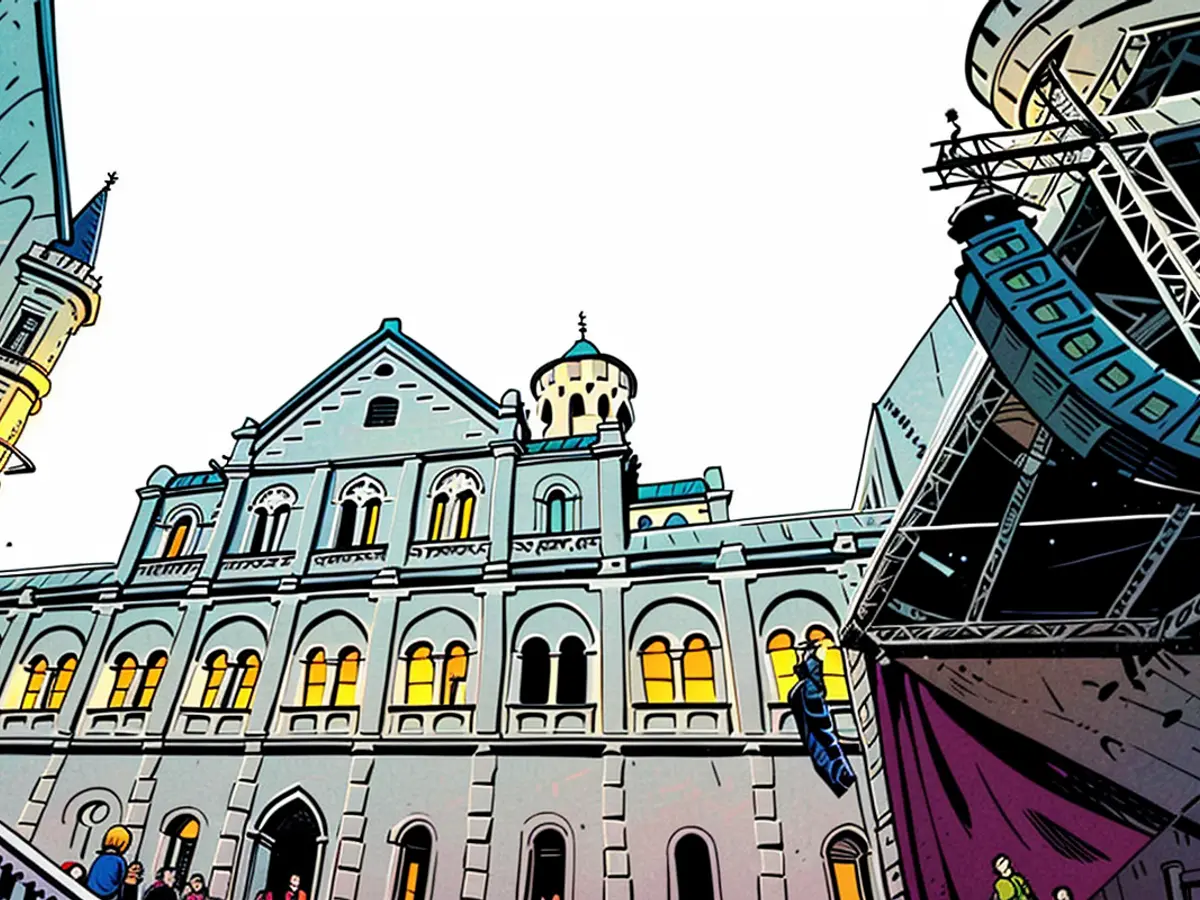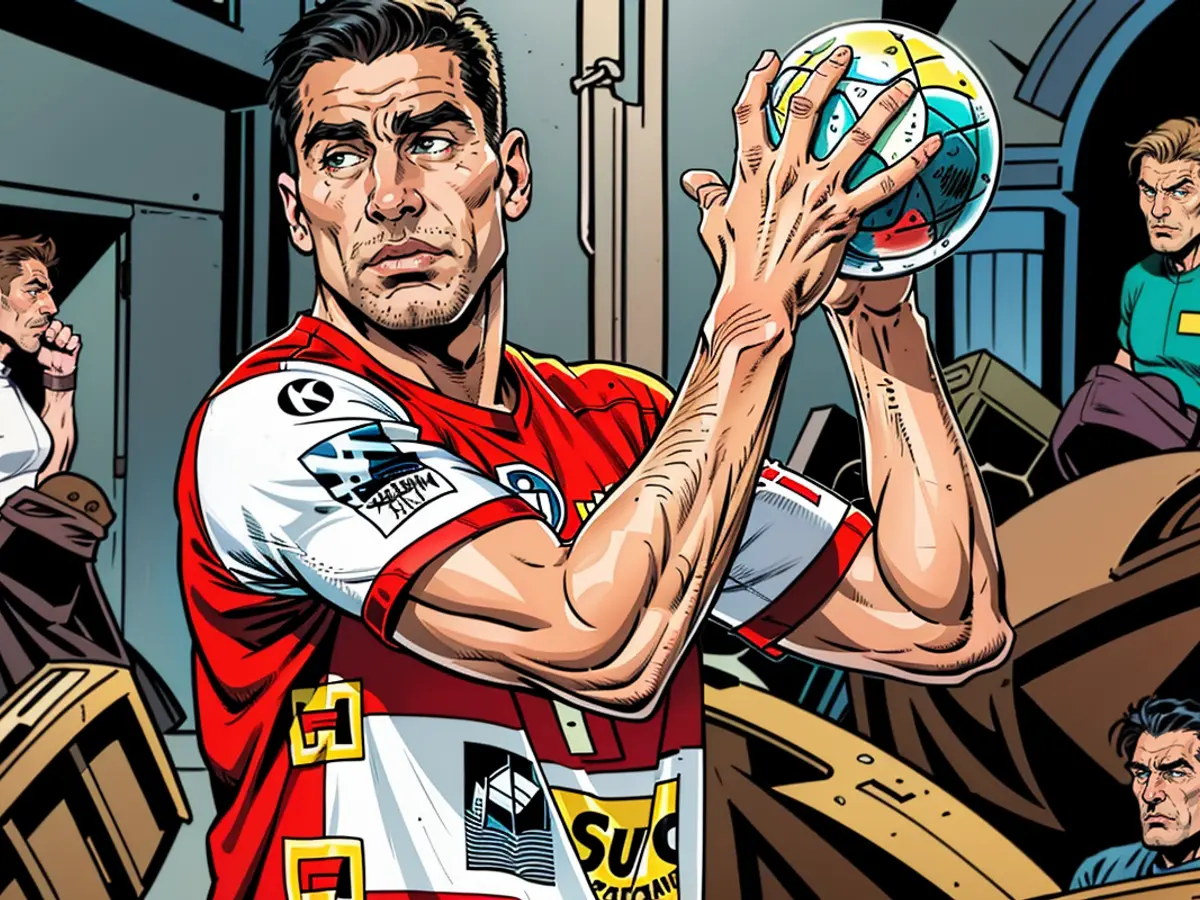- Scholz guarantees unwavering aid to Ukraine.
Chancellor Olaf Scholz has assured Ukraine and Moldova, its neighboring country, that Germany will remain their strongest European supporter in their confrontation against Russia. "Germany won't back down from supporting Ukraine," Scholz stated during his visit to Moldova. "We'll aid Ukraine as long as needed. And we'll be the largest European backer of Ukraine," he added, mentioning that only the United States provides more aid as a major world power.
The press reported over the weekend that Germany might decrease its aid to Ukraine, but Scholz clarified that only the funding sources would change. Germany has earmarked over 7 billion euros for Ukraine this year and 4 billion euros for next year. For long-term support, Ukraine will receive a loan of approximately 50 billion US dollars (approximately 45 billion euros) from the G7 nations, where the interest will be covered by the profits from frozen Russian state assets.
Scholz is hesitant to comment on Ukraine's latest offensive in the Russian region of Kursk. He failed to answer whether German-supplied weapons were used, mentioning that Ukraine had planned its operation secretly with no feedback, which is essential for the situation. The German government is vigilantly monitoring the events. "It's a spatially and presumably temporal limited operation," Scholz stated, although one cannot be sure about that. "However, at the moment, any further comment is inappropriate. We can definitely evaluate everything later when some time has passed."
Ukrainian President Volodymyr Zelensky continues to appeal to partners to permit the use of western missiles featuring longer ranges on Ukrainian territory. Currently, there are restrictions on this. The spokeswoman for the Russian Foreign Ministry, Maria Zakharova, has criticized the use of western weapons by Ukraine to destroy civilian infrastructure in the Kursk region. Those responsible for the "inhumane actions" will be penalized.
During his first foreign trip following his summer vacation clouded by coalition disputes, Scholz had only about four and a half hours scheduled. Although Scholz had already visited a European summit in Moldova in June last year, his current visit is the first bilateral visit by a German head of government in twelve years.
Politically, Moldova remains divided between pro-European and pro-Russian factions. The secessionist region of Transnistria, a narrow strip of land in the east of the republic, has had Russian soldiers stationed there since the 1990s. Moldova accuses Moscow of interfering with its stability and disseminating false information. Scholz pledged support to Moldova, saying, "Germany stands by the side of Moldova. We will support the Republic of Moldova to the best of our ability." Germany also promised aid to help Moldova's planned EU accession.
Moldova's government intends to incorporate EU accession into the constitution. Since 2018, Germany has already provided over 41 million euros in support to Moldova, making it the fifth-largest donor according to the federal government. Like Ukraine, Moldova has been an EU candidate since 2022. On October 20, coinciding with the presidential election, a referendum will be held to determine whether EU accession should be enshrined as a constitution goal, solidifying the path towards Europe. "Moldova desires to be part of this European family, and the accession process is critical for our future," said pro-European President Sandu.
Despite the rumors of potential aid decreases from Germany, Chancellor Scholz reaffirmed his commitment, stating that Germany will continue to be the largest European supporter of Ukraine with funding exceeding 11 billion euros until 2024. Furthermore, the European Union, as a collective, is set to provide Ukraine with a significant loan to support its long-term recovery.
Recognizing Moldova's aspiration to join the European Union, Chancellor Scholz pledged Germany's continued support, affirming that the country will remain Moldova's strongest ally in its EU accession journey, contributing significantly to its efforts with financial aid.
